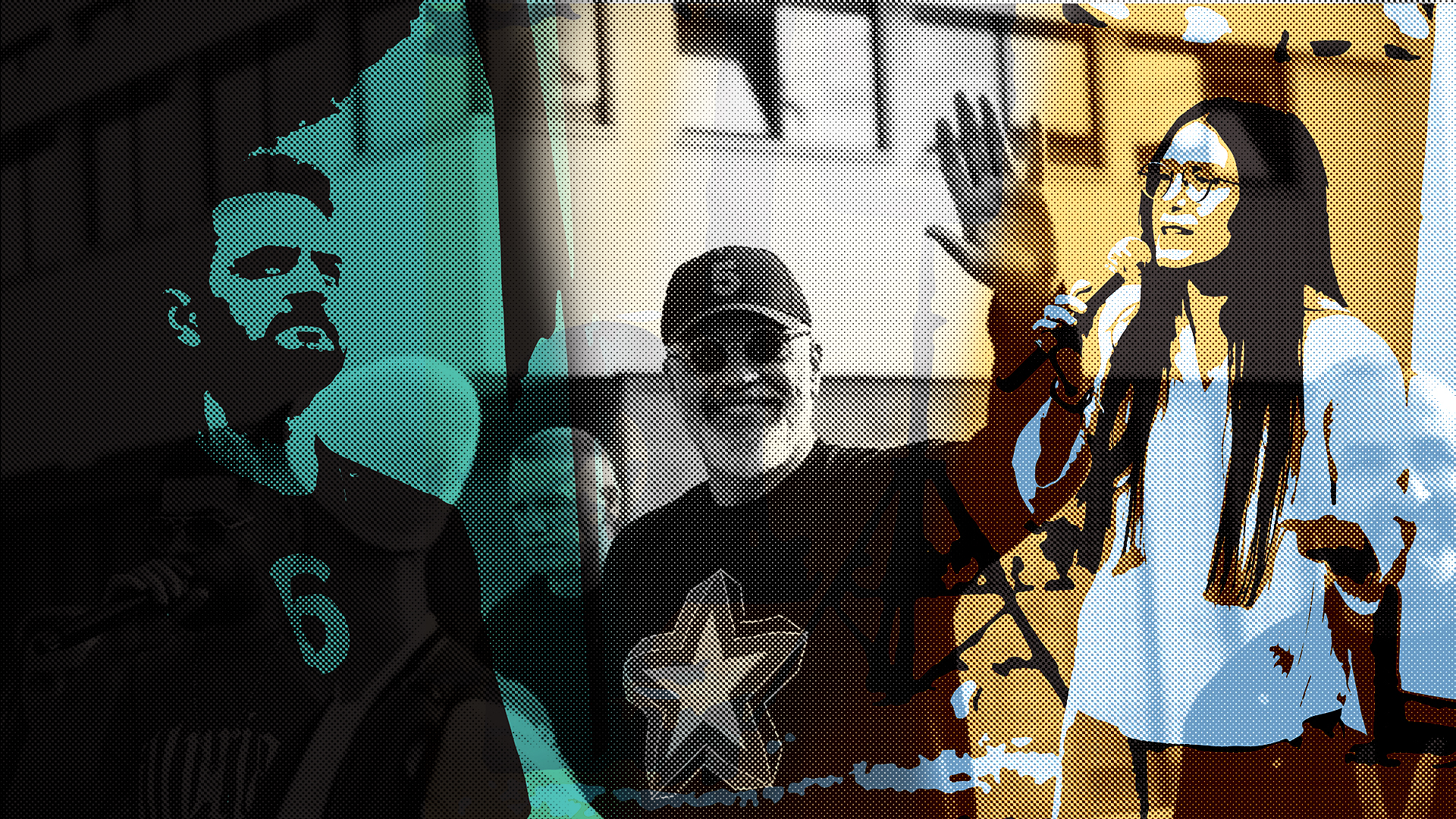
The new versus the old in Albania’s elections
Is Albania’s political establishment being challenged?

Edi Rama, the Socialist Party leader, is seeking a fourth consecutive term as Albania’s prime minister. Photo: Atdhe Mulla / K2.0.
Public perception in Albania
Over the years of SP and DP dominance in Albania’s political scene, new parties have emerged, but they were mostly formed by figures who did not challenge the old context.
Albania’s Electoral System
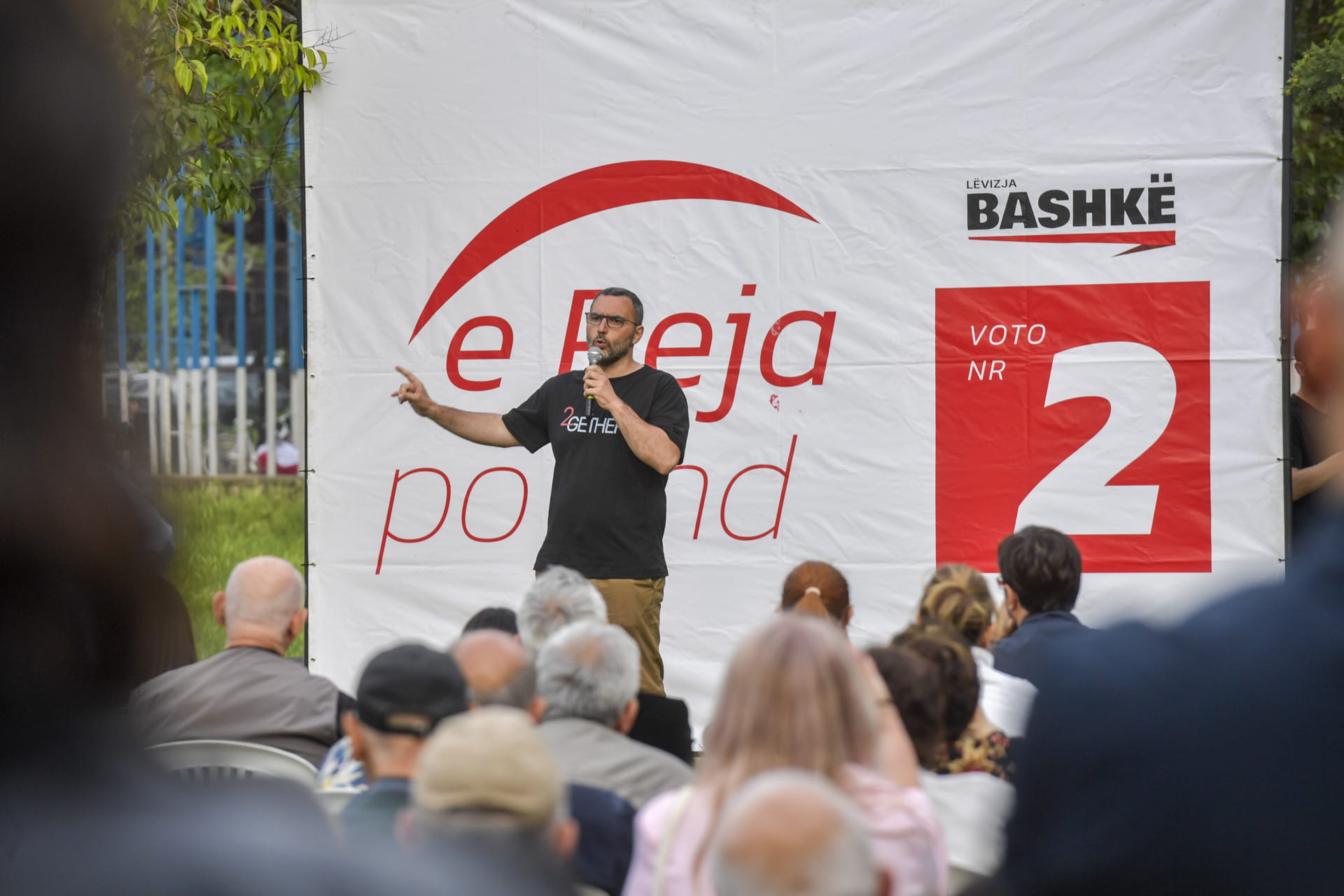
Arlind Qori, chairman of the Lëvizja Bashkë, is seeking election as a deputy from the party’s list in the Tirana district. Photo: Atdhe Mulla / K2.0.
“We don’t threaten the old political class because we have some special ability,” says Shabani. “We threaten them simply because people are looking for an alternative to the old guard.”
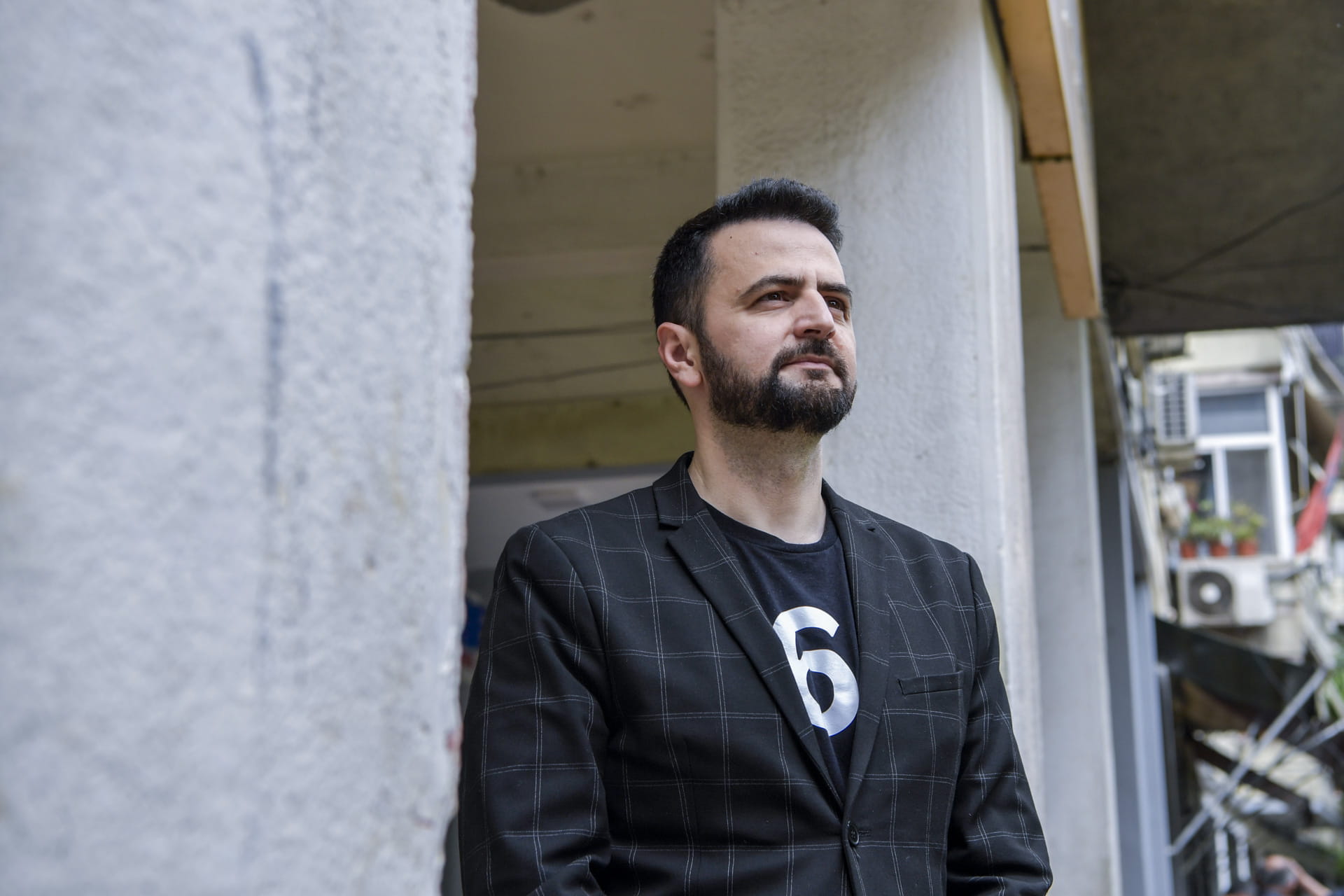
Nisma Thurje has joined forces with the Shqipëria Bëhet Initiative to compete in the May 11 elections. Photo: Atdhe Mulla / K2.0.
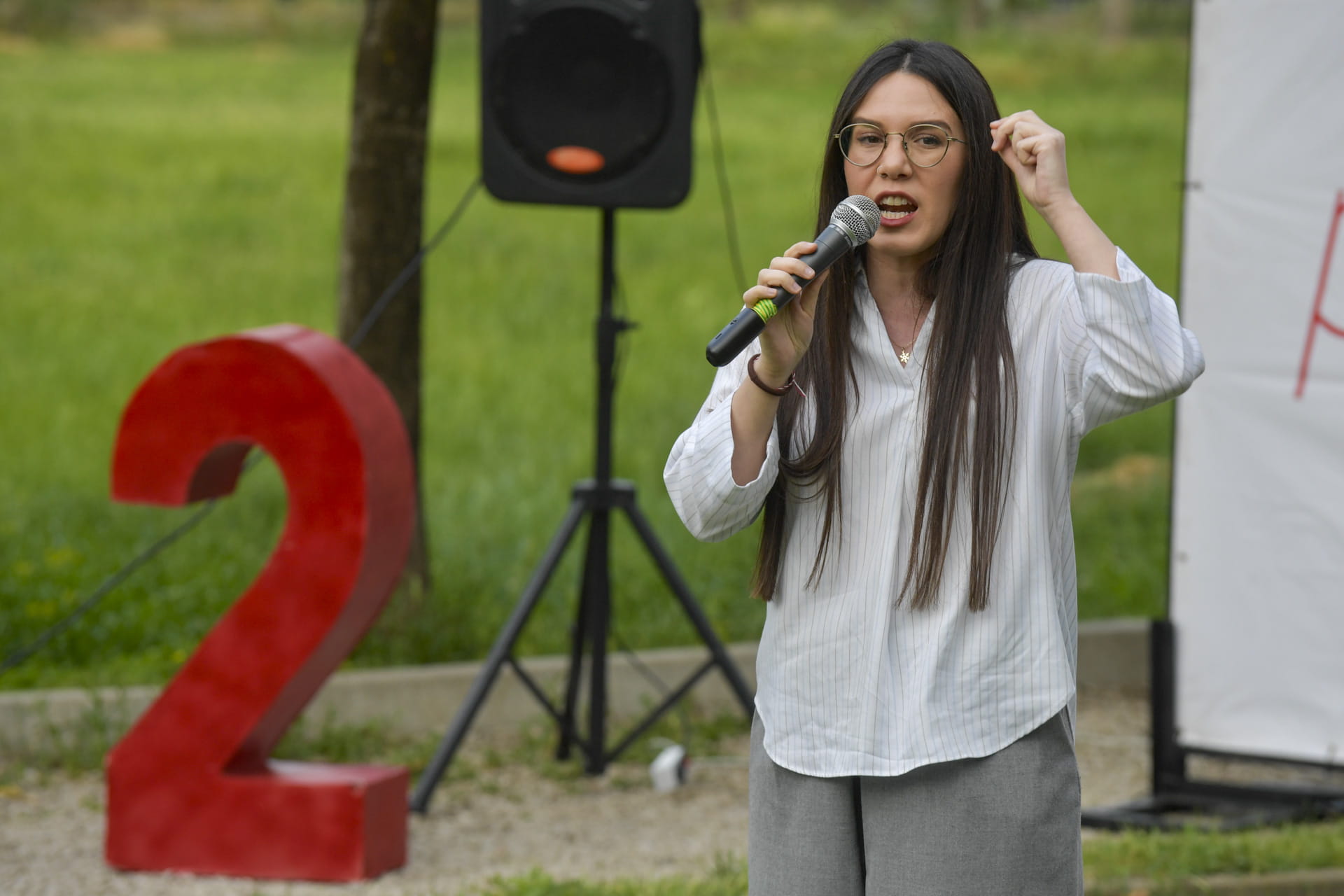
Bora Mema, activist and candidate for the Lëvizja Bashkë, says her party will not accept compromises on its political path. Photo: Atdhe Mulla / K2.0.
“We want to come to power with transformative potential,” says Mema.
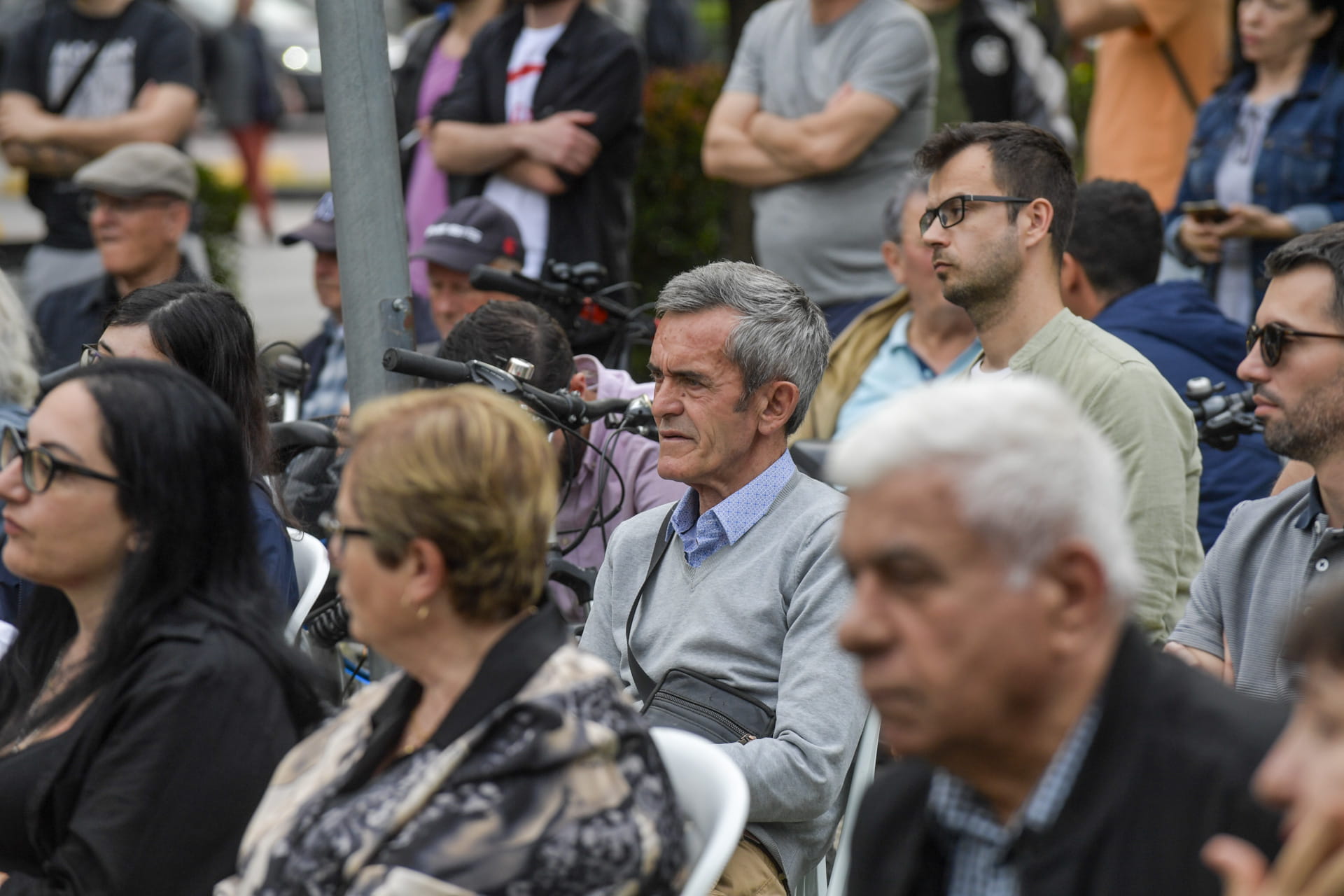
The new figures running in these elections have managed to position themselves as an alternative to the major parties. Photo: Atdhe Mulla / K2.0.
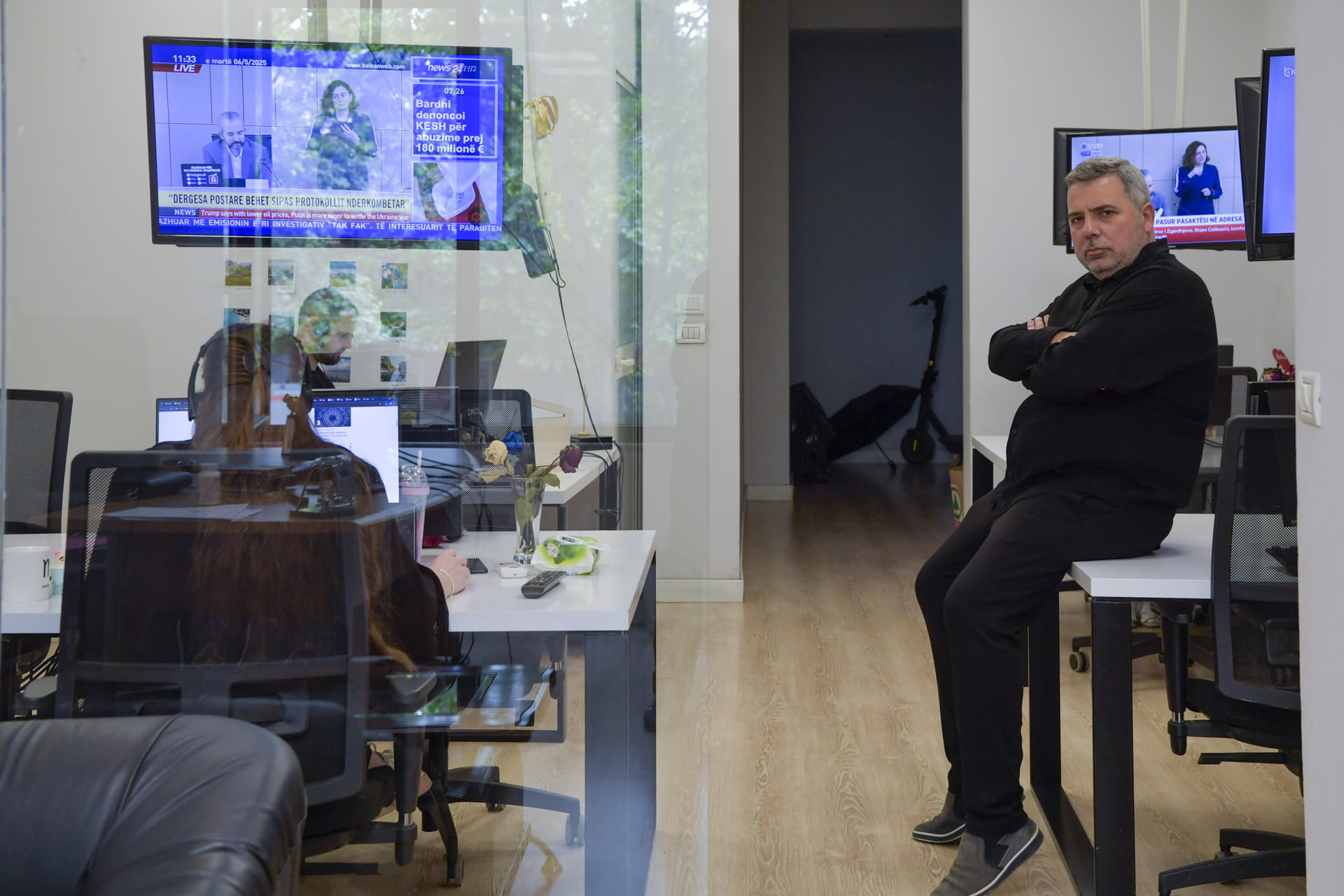
Kryeredaktori i portalit dosja.al, Enton Abilekaj, e sheh si të rëndësishme që figurat e reja të arrijnë të hyjnë në kuvend pas këtyre zgjedhjeve. Fotografia Atdhe Mulla / K2.0.
Political analysts believe these parties will secure at least one deputy each in these elections, marking a new phase for them as parties.
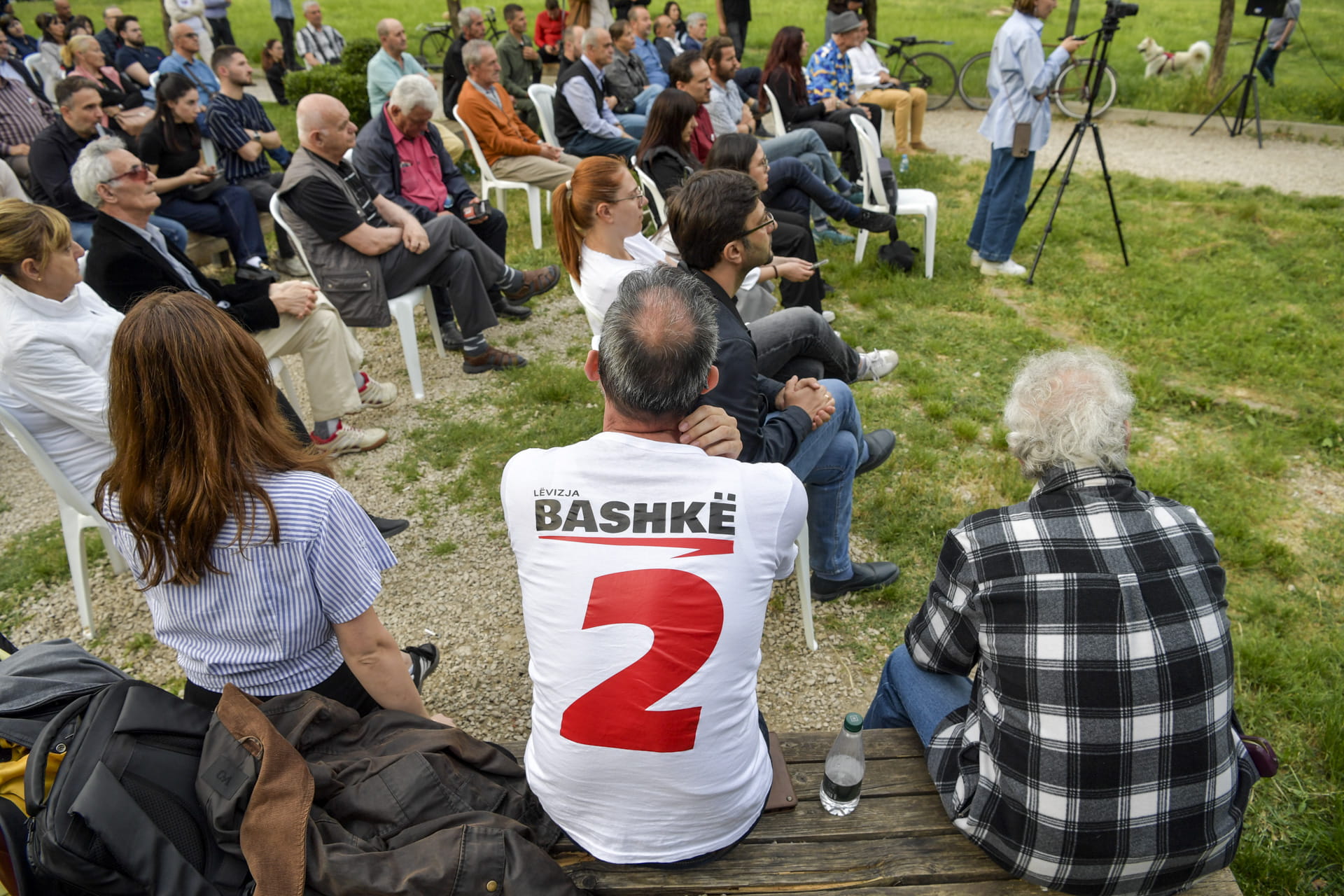
Lëvizja Bashkë, which was registered as a political party in 2022, competes in parliamentary elections for the first time. Photo: Atdhe Mulla / K2.0.

Arian Lumezi
Arian Lumezi is a journalist at K2.0. He holds a master’s degree in International Journalism from Cardiff University, pursued through a Chevening scholarship.
This story was originally written in Albanian.